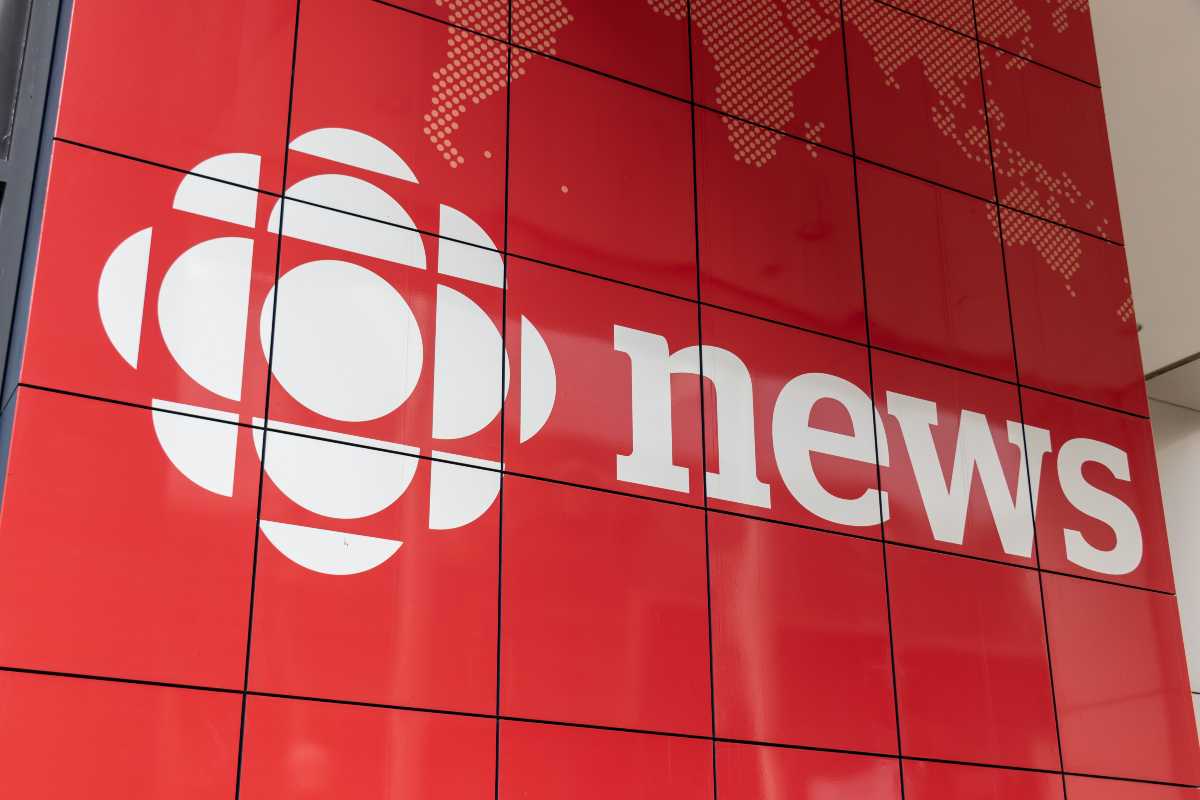
CBC suggests 20% of sports broadcasts feature sportsbook branding
Research done in tandem with University of Bristol
New research from the Canada Broadcasting Corporation news division claims that sports fans watching hockey and NBA in Ontario are being exposed to sports betting branding and marketing during 20% of broadcasts.
The CBC worked with Dr. Raffaello Rossi and Dr. Jamie Wheaton at the University of Bristol. The school has previously done similar messaging research around products in other markets, including the U.K.
Study looked at NBA and NHL broadcasts and operator social media
The study looked at five NHL games and two NBA games that aired from Oct. 25-29. In addition to analyzing the broadcasts themselves, the researchers also looked at the online activity of the following 10 operators:
- Bet99
- Bet365
- BetMGM
- BetVictor
- FanDuel
- PointsBet
- Rivalry
- Sports Interaction
- theScore
Across the social and broadcast spectrum, the research logged 4,119 messages. Messages are defined as on-air references to betting, posts from the social media accounts of operators and times the logo appeared on screen. In the case of an on-court logo, researchers tallied each individual shot of the logo that appeared over the course of the game.
On-court logos were the bulk of advertising logged
Accordingly, logo presence comprised the vast majority of messages logged, comprising nearly 94% of messages.
“The total duration of gambling messages being shown on TV averaged 39.8 minutes per match broadcast, including studio discussions. In other words, every hour of coverage included an average of 13 minutes that contained a gambling message,” said Wheaton.
Since most of the messaging logged was logos and engagement-driven posts by social media accounts from operators during the game, a mere 2.6% contained responsible gambling messaging or age-gating.
The study expressed concern about these social media posts, questioning whether or not they violate the Canadian Code of Advertising Standards regulations. These posts, which can range from clips of big plays from the game to asking a question to followers designed to promote engagement are not directly labeled as ads.
“Our study highlights a serious issue with social media gambling marketing, notably content marketing. There is an urgent need to strengthen regulations to protect consumers – in particular children, who are especially vulnerable to such sneaky advertising techniques,” Rossi argued.
AGCO readies to go live with updated advertising regulations
Advertising has been at the heart of the conversation around sports betting in the country with both the Alcohol and Gaming Commission of Ontario (AGCO) and the Canadian Gaming Association (CGA) having regular discussions about how to improve and implement industry-wide guidelines.
The AGCO released updated advertising guidelines in August banning both athletes and celebrities that could reasonably appeal to children from promoting online gambling.
AGCO will soon be adding additional context to those regulations in the coming days. The go-live date for these new regulations is Feb. 28.
While AGCO regulations will make some impact on these numbers, some of the other categories observed in the report are complicated by U.S. partnerships between operators and individual teams for things like on-court are in-rink logos that exist beyond the Ontario market.